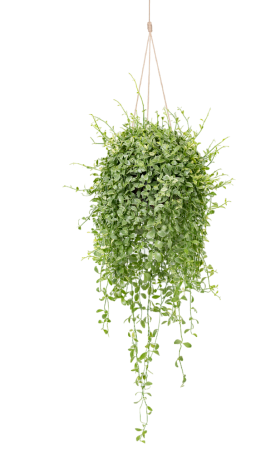Be a Curator–Not just a Consumer

The word “curator” came to mind today when I was surveying the products offered by one of our affiliates. What does it mean to be a “curator”? By definition, a curator is a person who oversees or manages a place (such as a museum or zoo) that offers exhibits. However, in modern aspects stores, restaurants and bars are also “curated” in that their products are carefully and thoughtfully selected to create a purposeful experience for their patrons. We do the same with our homes, if not in all spaces, in the ones that are for entertaining. To be “curated” places a collection in a higher echelon, as a parfumerie on Fifth Avenue is elevated above the corner convenience store.
Albeit, most use of the word “curated” centers on art, decor or experiences. But here is the interesting background of the word: the word curate derives from the Latin curare, ‘to care for’. As anyone who has ever had a child or a pet knows, caring for something is a two-way street, and it’s perfectly OK if most of the traffic is going outbound. The curator’s creed is: ask not what your stuff can do for you, but what you can do for your stuff. (How to curate (just about) anything)
Those of us whose health has been affected by mold, bacteria or man-made pollution or chemicals already know how to carefully select what goes into our homes and bodies. It’s not wise to allow just anything and everything to come into your home, when it can cause adverse reactions. For example: Second-hand furniture that smells like smoke: No. New vinyl or PVC shower curtain: No. Dusty, dirty pets: No (Ok, they may come in but go straight to the bathing area!). These can all trigger reactions that affect health for days, if not weeks.
Going back to the root of the word curate, to care for, in our case puts the focus on the health of bodies and our homes; they are what we are caring for, not the decorations with which we adorn them. They are worth preserving in the best health for years to come. Therefore we are prompted to learn, study and learn some more about the subject. If museum curators have to study, so should we! The things we consume are also a testament for, or against, our health. From food to personal products to cleaning products, they are brought into our home either to directly enjoy, or make the home more enjoyable. But at what long-term cost? Here are some topics, many of which we have explored in our Knowledge Base:
- VOCs and what exudes VOCs
- Dust mites
- Mildew/Mold
- Relative humidity
- Particulates
- Asthma and its causes, such as NOx
- Brain health
- Gut health
- Skin health
- Mental health
- Your DNA and its strengths and possible weaknesses
- How healthy is your hobby? Can you make healthier substitutions?
In the spirit of DIYers, don’t be put off by budget constraints. There are hacks and workarounds that can allow you to be healthfully selective no matter which store(s) you frequent, as long as you don’t try to make a lot of changes at once. Prioritize and make the most impact with one or two changes in your daily routines or possessions, then work down the list. While researching, don’t freak out at what you find and start several home renovations projects at once! Instead, plan carefully on how to mitigate problems until they can be fixed/changed. Just like someone engaging in a new diet, it’s helpful to have lists of good and bad ingredients or materials, and their aliases on hand in your phone when you are shopping. Learn how to read labels to avoid the bad stuff.
Photo by Pawan Kawan on Unsplash






